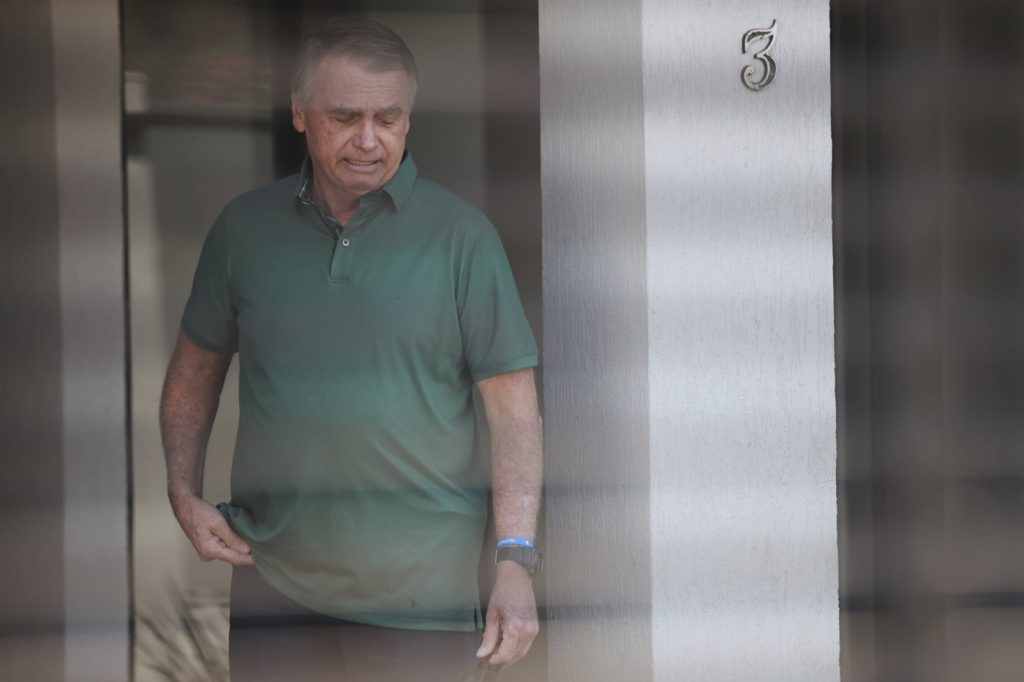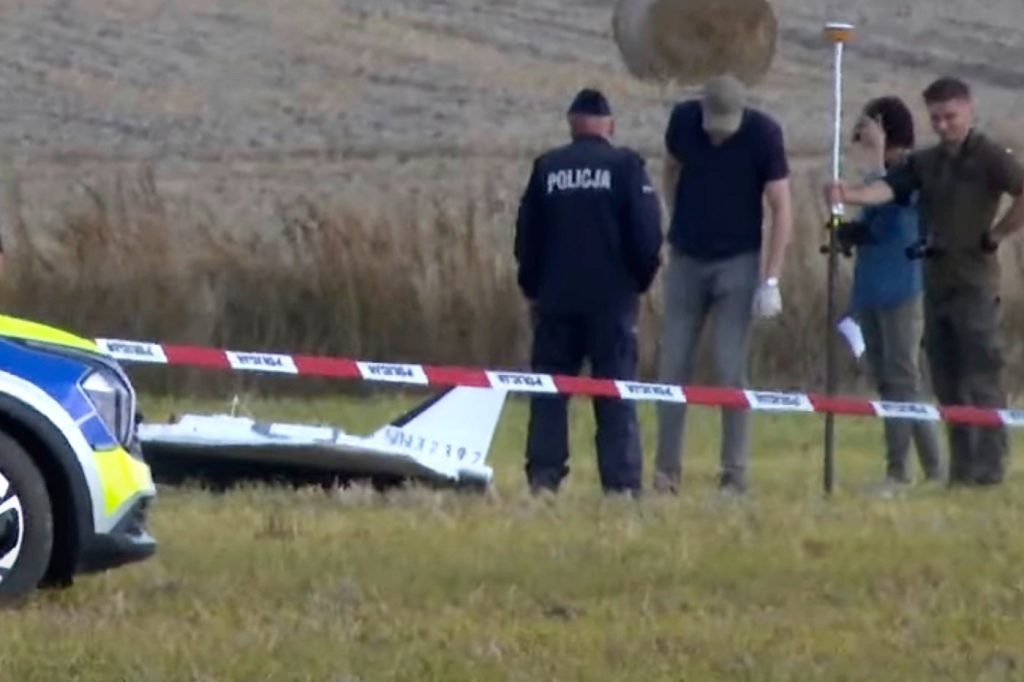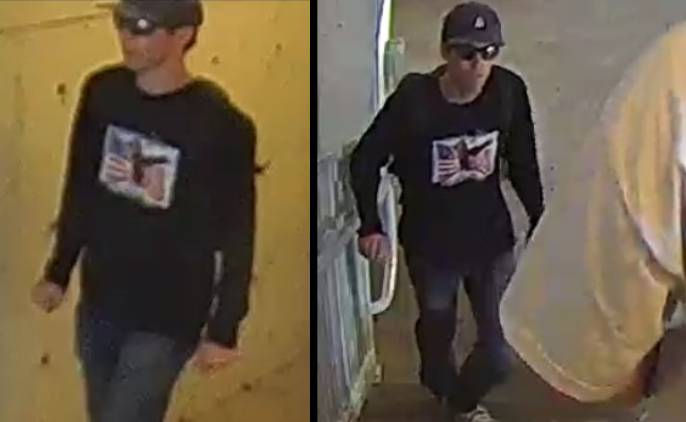On September 11, 2025, a panel of Brazilian Supreme Court justices sentenced former president Jair Bolsonaro to 27 years and three months in prison after convicting him of attempting a coup to remain in power following his electoral defeat in 2022. Bolsonaro, who has consistently denied any wrongdoing, is currently under house arrest in Brasília.
A majority of the justices—four out of five—found Bolsonaro guilty on five counts: attempting a coup after losing the presidential election to President Luiz Inácio Lula da Silva, participating in an armed criminal organization, attempted violent abolition of democratic rule, causing damage qualified by violence, and deterioration of listed heritage. This ruling marks Bolsonaro as the first former Brazilian president to be convicted of attempting a coup.
Several of Bolsonaro's co-conspirators, all former high-ranking officials, were also sentenced. Gen. Braga Netto, the former defense minister, received a 26-year sentence, while Admiral Almir Garnier was sentenced to 24 years. Other key figures, including Gen. Augusto Heleno and Gen. Paulo Sérgio Nogueira, received 21 and 19 years, respectively. Lieutenant Colonel Mauro Cid, who cooperated with the investigations, was sentenced to two years under an open regime.
Chief Justice Luís Roberto Barroso stated that the trial represents a “watershed moment in Brazil’s history.” Concurrently, U.S. officials reacted negatively to the ruling, describing it as a “witch hunt.” U.S. President Donald Trump expressed discontent with the conviction, saying he has always regarded Bolsonaro as “outstanding.” Secretary of State Marco Rubio indicated that the U.S. government would respond accordingly to what he termed a politically motivated event.
The sentence does not mean Bolsonaro will immediately serve time in prison. The court must publish its ruling within 60 days, and then Bolsonaro's legal team has five days to file motions for clarification. His lawyers plan to appeal both the conviction and sentence to the full Supreme Court, although legal experts suggest the chances for acceptance are slim.
One of the justices, Cármen Lúcia, emphasized the substantial evidence presented against Bolsonaro, declaring him as the instigator and leader of a coup plot. Bolsonaro's family continues to publicly support him, with his eldest son, Sen. Flávio Bolsonaro, labeling the conviction a “supreme persecution.” Many in Brazilian society remain divided over the trial, with a substantial segment still backing the far-right leader as he claims political persecution.
As the trial unfolds, the potential ramifications on U.S.-Brazil diplomatic relations remain precarious, with possible sanctions looming on the horizon. Justice Alexandre de Moraes, overseeing the case, also characterized Bolsonaro as a leader of a coup plot. In response to the ruling, lawmaker Eduardo Bolsonaro has been promoting amnesty for his father through Congress, while opposition figures argue that the court's decision strengthens Brazil’s democracy.
Despite these legal challenges, Bolsonaro maintains significant political influence. Prior to this conviction, he had already been banned from holding office until 2030 due to a separate case. Analysts suggest the ruling may put pressure on Bolsonaro's allied lawmakers to push for amnesty, underscoring the complex political landscape in Brazil.
In a dissenting opinion, Justice Luis Fux noted that actual coup attempts require organized actions, not merely isolated thoughts or demonstrations. Bolsonaro faces not only public scrutiny but also serious legal implications as he attempts to navigate his post-presidential career amid growing dissent and division in Brazilian politics.












